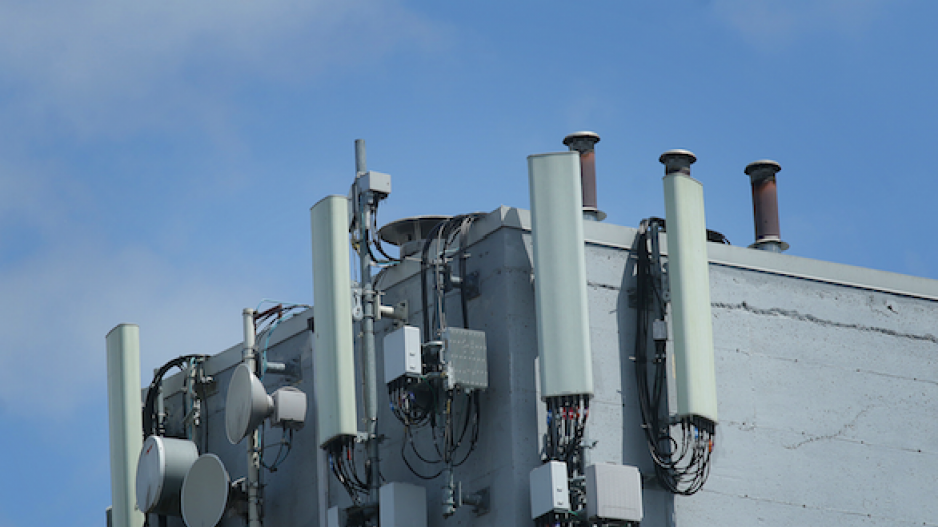Rogers Communications, Bell Mobility and Freedom Mobile are suing the City of Surrey and the British Columbia Assessment Authority, claiming the city is wrongfully trying to tax corporate revenue on wireless services provided to people who live in the municipality.
The companies filed a notice of civil claim in BC Supreme Court on May 12. According to the lawsuit, the city sent demand letters to the companies in 2018 for financial information about their “gross service revenues from cellular telephone subscribers in the City.”
The companies are disputing that a section of the Local Government Act allowing municipalities to charge a utility tax applies to “wireless services.” They claim there’s no “explicit language” or purpose in the act’s utility tax section that points to “an intent to tax revenue generated from wireless services.”
The plaintiffs contrast their services with historic landline services, called a “city local wireline network,” where calls were made on phones rented from a phone company and made locally, travelling through copper lines within cities and across municipal borders. While Telus still owns a physical wireline network, Rogers, Bell and Freedom do not own or operate such networks themselves.
“Technology has evolved significantly to provide means of telecommunication beyond local voice services using rented phones,” the claim states. “Today, the Wireless Services provided by the [plaintiffs] are supplied without a Local Wireline Network.”
While the companies’ cell sites are subject to property taxes and their revenue subject to income tax, the dispute relates to petitions filed by the companies as well as appeals dating back to 2020 before the Property Assessment Appeal Board about exemptions to cell sites as “specified improvements.” However, the board has put the appeals on hold to wait for the court to weigh in on the utility tax section of the Local Government Act at issue.
“Wireless Services are not tied solely to any municipality or jurisdiction, but rather, operating through a Wireless Network, can be provided across municipal, provincial and federal boundaries,” the claim states. “Wireless Services are mobile by design and may be accessed and used by a Subscriber from various locations across different municipalities, provinces and countries.”
The companies seek declarations that the City of Surrey’s utility tax does not apply to wireless services. The telecom trio’s allegations have not been tested or proven in court, and the City of Surrey and BC Assessment Authority had not responded to the claim by press time.




